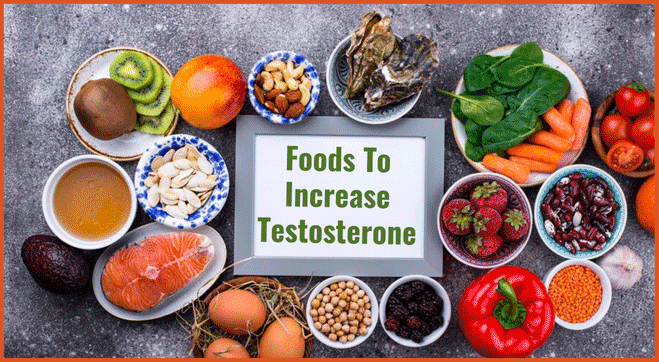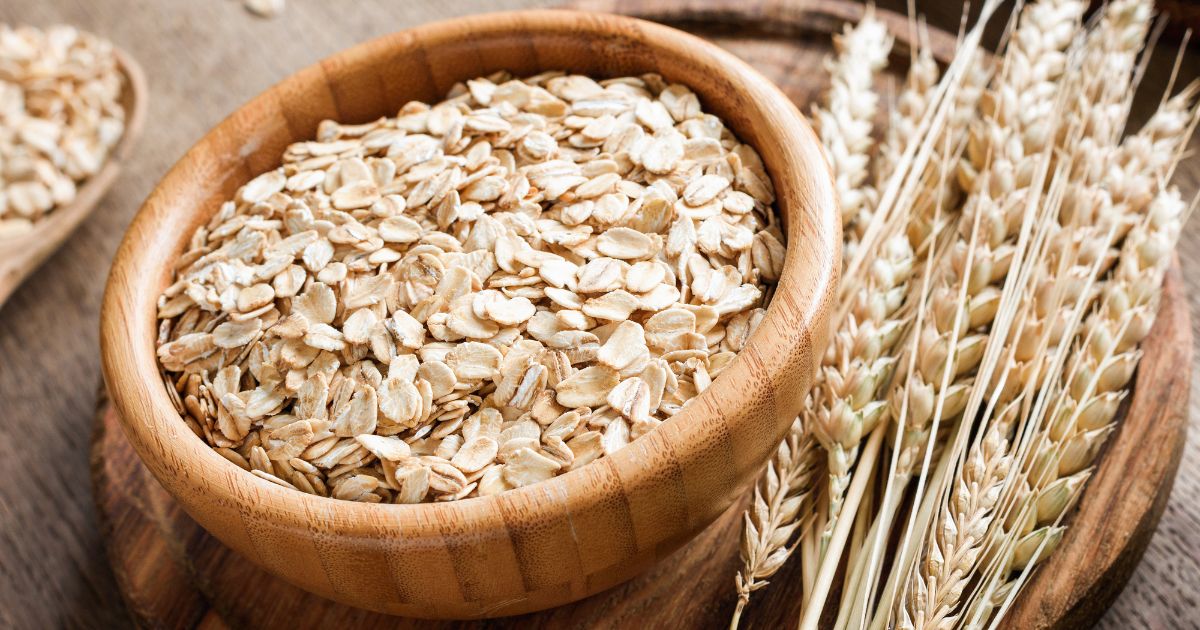Introduction:
Testosterone, a vital hormone for both men and women, influences numerous physiological functions, including muscle development, bone density, libido, and mood regulation. While age-related testosterone decline is natural, lifestyle choices such as diet can profoundly impact its production. Integrating testosterone-boosting foods into your daily meals offers a natural and effective strategy to maintain healthy hormone levels. This guide explores a variety of foods renowned for their ability to naturally increase testosterone production.
Lean Protein Sources:
Incorporating lean protein sources like chicken breast, turkey, and lean cuts of beef into your diet provides essential amino acids crucial for synthesizing hormones, including testosterone. These proteins aid in muscle repair and growth, indirectly influencing testosterone levels. Ensuring a diverse intake of lean proteins supports overall hormone balance and muscle health.
Eggs:
Eggs are a nutrient-rich food packed with protein, healthy fats, and vital vitamins and minerals. They are particularly rich in vitamin D, which is associated with testosterone production. Moreover, egg yolks contain cholesterol, a precursor to testosterone synthesis. Contrary to past misconceptions, dietary cholesterol from sources like eggs contributes positively to hormone production when consumed as part of a balanced diet.
Cruciferous Vegetables:
Cruciferous vegetables such as broccoli, cauliflower, and Brussels sprouts contain glucosinolates, compounds that aid in estrogen metabolism. By promoting a balanced estrogen-testosterone ratio, these vegetables indirectly support testosterone levels. Additionally, their fiber, vitamin, and mineral content make them valuable additions to any diet for overall health.
Nuts and Seeds:
Nuts and seeds are nutrient-dense foods loaded with healthy fats, protein, fiber, vitamins, and minerals. They are particularly rich in zinc, a crucial mineral for testosterone production and reproductive health. Including a variety of nuts and seeds in your diet ensures optimal intake of nutrients essential for hormone balance and overall well-being.
Healthy Fats:
Healthy fats, found in fatty fish like salmon, mackerel, avocados, olive oil, and coconut oil, are integral to hormone synthesis and absorption. Omega-3 fatty acids, abundant in fatty fish, have been linked to increased testosterone levels. Incorporating a diverse range of healthy fats into your diet supports hormone production and overall health.
Zinc-Rich Foods:
Zinc is an essential mineral vital for testosterone synthesis and reproductive function. Oysters are renowned for their high zinc content, but other sources include beef, chicken, pumpkin seeds, cashews, and lentils. Regular consumption of zinc-rich foods ensures adequate intake of this vital nutrient, promoting healthy testosterone levels and reproductive health.
Vitamin D Sources:
Vitamin D deficiency is associated with low testosterone levels, making it crucial to maintain adequate intake. Besides sunlight exposure, sources of vitamin D include fatty fish, fortified dairy products, and egg yolks. Ensuring sufficient vitamin D intake through diet and supplementation supports optimal testosterone levels and overall health.
Conclusion:
Incorporating testosterone-boosting foods into your diet offers a natural and effective approach to maintaining healthy hormone levels and overall well-being. By including lean protein sources, eggs, cruciferous vegetables, nuts and seeds, healthy fats, zinc-rich foods, and vitamin D sources in your meals, you can support optimal testosterone production and enhance physical performance. Remember to prioritize variety, balance, and moderation in your dietary choices and consult with a healthcare professional for personalized recommendations tailored to your individual needs.
In addition to dietary choices, lifestyle factors such as regular exercise, stress management, and adequate sleep play crucial roles in optimizing testosterone levels. Engaging in strength training exercises, practicing stress-reduction techniques like meditation or yoga, and prioritizing quality sleep can further enhance the effectiveness of testosterone-boosting foods. Moreover, maintaining a healthy weight and avoiding excessive alcohol consumption and smoking contribute to overall hormonal balance. By adopting a holistic approach that encompasses both dietary and lifestyle modifications, individuals can support healthy testosterone levels, promote vitality, and enhance overall quality of life.




